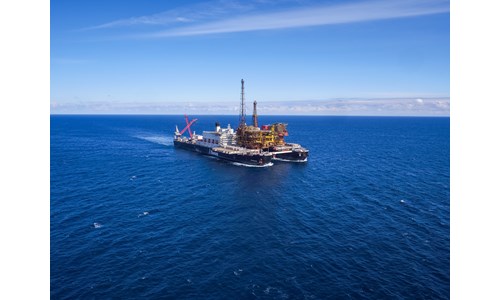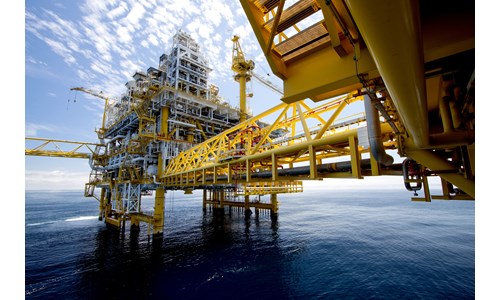The Caspian Sea's legal status: what does this mean for oil and gas?
This report is currently unavailable
*Please note that this report only includes an Excel data file if this is indicated in "What's included" below
Report summary
Table of contents
- What will be agreed?
- Why is the Trans-Caspian Gas Pipeline still unlikely?
- What will be the impact on upstream opportunities?
- Balancing optimism with reality
Tables and charts
This report includes the following images and tables:
- Caspian Sea: border disputes
What's included
This report contains:
Other reports you may be interested in
Uzbekistan upstream summary slides
To complement our more detailed Uzbekistan upstream summary we provide a slide-pack of the key issues in Uzbekistan.
$2,040Tanzania upstream summary slides
To complement our more detailed Tanzania upstream summary we provide a slide-pack of the key issues in Tanzania.
$3,240Is oil price volatility a threat to upstream production, investment and supply chains?
We assess the impact of global turmoil and trade wars on upstream supply, investment and costs.
$1,350














